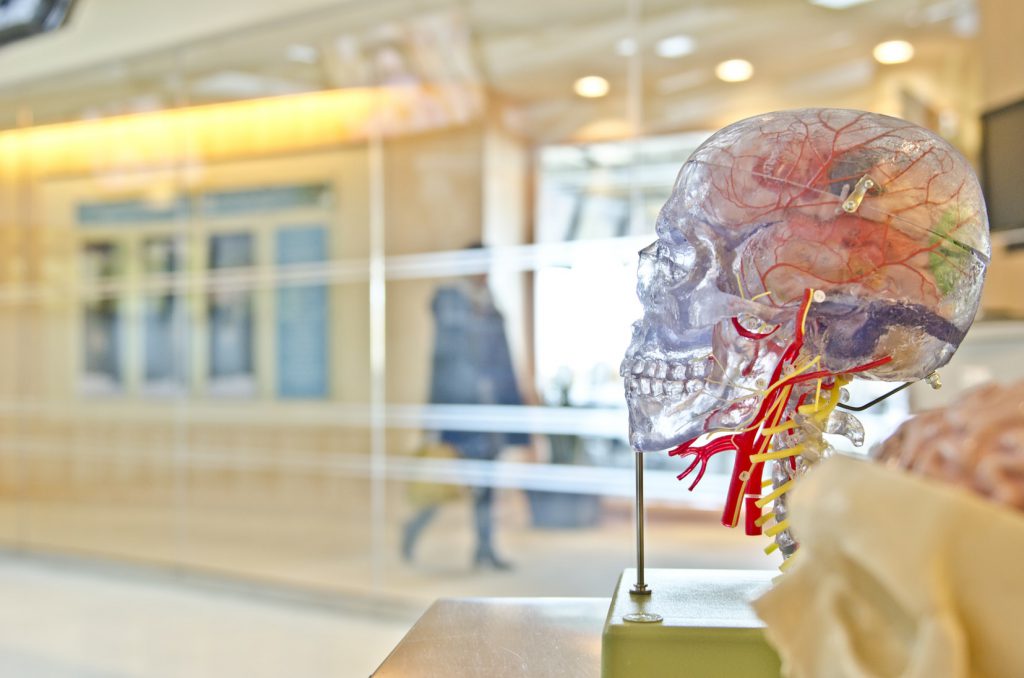Artificial intelligence is used across almost every aspect of our lives, from customer service to personal assistants, to marketing and even travel. Healthcare is another area which has been influenced heavily by artificial intelligence over the past decade.
Technology is becoming smarter and processes smoother, resulting in a better patient experience and more advanced treatments becoming available. Here are three ways that artificial intelligence is used in the healthcare industry.
Healthcare Analytics
Artificial intelligence allows us to quickly interpret large quantities of data, providing invaluable information which can be used for drug development, medical treatments and for improving medical care.
In 2015, it was estimated that 10% of deaths in the US were a result of illnesses being misdiagnosed and medical errors. Artificial intelligence is helping to reduce that staggering statistic by using data to predict and diagnose illnesses through algorithms and machine learning.
AI-Assisted Medical Treatments
Artificial intelligence is also revolutionising the way that we treat complex medical conditions. The drug development industry is subject to constantly increasing costs and extensive research requirements. Artificial intelligence has the potential to speed up the development of drugs, saving both time and money.
In 2007, a robot named Adam began to research the functions of 19 genes within yeast. He scoured billions of records in public databases and predicted 9 new and accurate hypotheses. His robot colleague, Eve, then discovered that triclosan, often found in toothpaste, can help to fight against malaria-based parasites.
There’s also hope that artificial intelligence may soon be able to play a part in treating and even curing certain types of blindness. Philanthropist Tej Kohli has been investing in research which investigates the potential for using CRISPR to cure childhood blindness.
Robotic Surgery
Another interesting area when it comes to AI healthcare is in robot-assisted surgery. The popularity of this new phenomenon is soaring, far faster than anyone could have ever imagined. Robots are being used to help with a wide range of surgeries, from minor keyhole procedures to complex open-heart surgery.
Surgeons control the mechanical arms of these robots through a computer. The robots use cameras, mechanical arms and surgical arms to give the surgeon a 3D view of the surgical site, in far more detail than they could see with their eyes alone. The surgeon is then able to lead their team who work closely with the robot throughout the procedure.
According to Mayo Clinic, robots which are based on artificial intelligence are able to assist doctors in performing even the most complex surgical procedures with precision, flexibility and control that goes beyond human capabilities. When a surgery is assisted by a robot, it is typically less likely to lead to complications, as well as causing less pain and having a shorter recovery period.
Artificial intelligence is changing the way that healthcare is delivered, to the way that new medical treatments are designed to the way that surgeries are carried out. There is no doubt that this new technology will continue to evolve over the coming years, becoming more accurate and more affordable than ever before.












